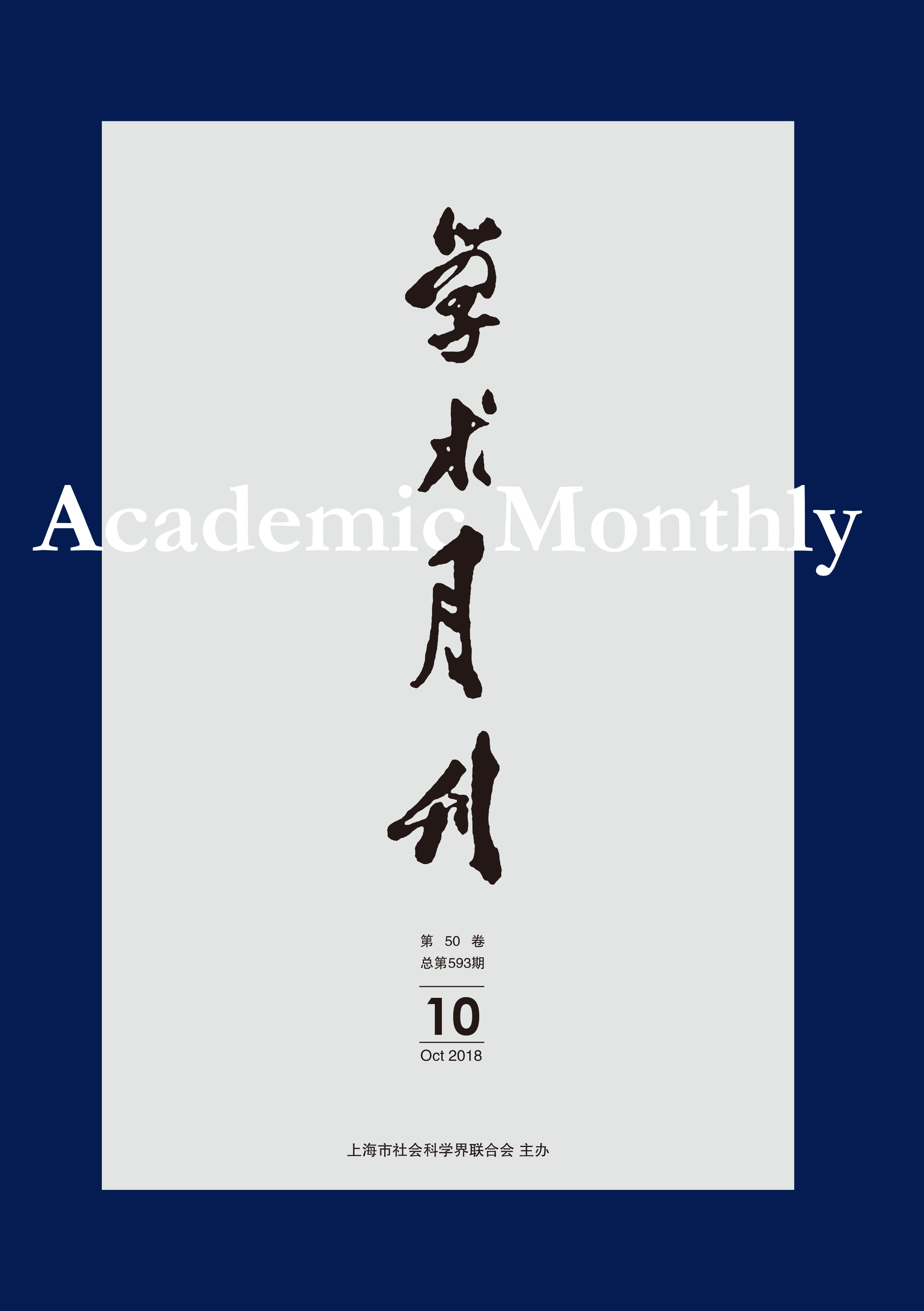Concert of Powers and the Grand Compromise: The Network of Treaties, the Banking Consortium and the Path of the 1911 Revolution
- Available Online: 2018-10-01
Abstract: Based upon a chain of associative inference from " compromise” to " limited government”, and finally to " liberty and prosperity”, some researchers regard the compromise between the North and the South and the abdication of the Qing Emperor as an event of political compromise prone to a " limited government”. This associative inference is based upon some good wishes detached from the political process of the 1911 Revolution. A study on the dynamism of the revolution indicates that the " concert of powers” by Britain, France, the U.S., Germany, Japan, and Russia in 1911−1912 is the key external cause of the compromise: great powers refused to provide financial support the Qing Court or the Nanjing Provisional Government on the verge of bankruptcy, and insisted that only a stable government representing the whole China could borrow money from them. The infrastructural institutions of this last concert of the Vienna System is a network of treaties and an international banking consortium formed before the revolution. The concert of powers accelerated the ripening of the grand compromise propitious to the unity of the mulita-national state, but also led to the lack of substantial consensus on the domestic republican political order. The great powers’ support of Yuan Shikai further enlarged the imbalance of resources between the revolutionary camp and the Beiyang Clique. The revolution also deepened the fragmentation of the state. Under such circumstances, it is highly improbable that such a power structure could produce any meaningful " limited government”.



 沪公网安备 31010102003103号
沪公网安备 31010102003103号 DownLoad:
DownLoad: